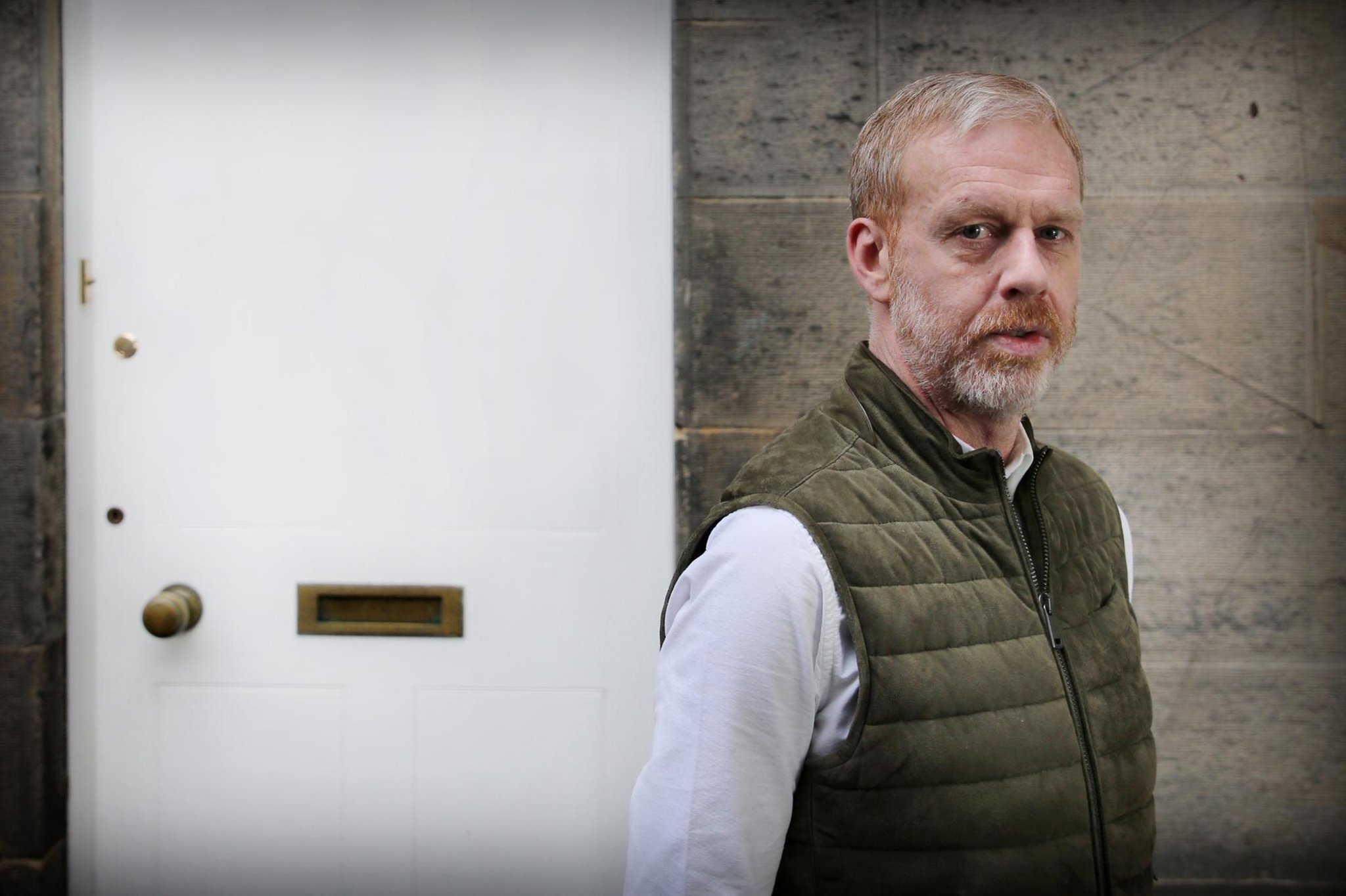Make Pizza Not War – Ukraine Fundraiser: Nick Freer
The ten thousand NFT keys made available can be used to unlock a digital vault of curated content from the English language cover of the publications. The fundraiser – “Keys for Kyiv” – was conceived by VAULT CEO and co-founder Nigel Eccles, who previously co-founded and ran fantasy sports platform FanDuel, and his team based in various locations in Scotland and North America.
As a nation, Ukraine is more connected than many when it comes to cryptocurrency and blockchain, with other Web3-led initiatives by the country’s crypto-friendly government, including a donation program through which tens of millions of dollars in digital currency will be used to acquire military supplies for the fight against Russia.
Stepping out for coffee with Eos Advisory investment firm partners Mark Beaumont and Ana Stewart on Wednesday, Mark told me how one of his fellow adventurers, David Fox-Pitt, was on his way to the Polish-Ukrainian border with a convoy of trucks, where Fox-Pitt and his crew plan to provide a thousand meals a day to the refugees.
With a slogan, “Make Pizza, Not War”, the project is organized through the social enterprise Siobhan’s Trust, created by Fox-Pitt in 2020 and named after the late Countess of Dundee.
Last week, Airbnb CEO Brian Chesky tweeted that more than 61,000 nights had been booked by users of the platform in Ukraine within 48 hours, for a total gross value of nearly $2 million. as a new way to send donations.
As US Vice President Kamala Harris said during a press conference with the Polish Prime Minister in Warsaw on Thursday, “we have seen extraordinary acts of generosity and kindness” since the conflict erupted.Back to work
As people begin to return to work after two years in Covid limbo, a Gallup poll in the US this week found that while just 6% of white-collar workers were working from home before the pandemic, that figure had risen to 65 % by May 2020.
If on the one hand this percentage seems relatively low, it illustrates the paradigm shift that took place in a few weeks during the first half of 2020.
Commenting on the survey results, the director of the Center for WorkLife Law at the University of California said: “The only thing holding back flexible work arrangements (before the pandemic) was a lack of imagination. This failure was corrected in three weeks in March 2020.”
Fast forward two years, and LinkedIn is heavily populated this week with posts about people returning to work. It is a joyous occasion for many, for others there is anxiety to settle back into the old routine. Some have held up relatively well over the past two years, others less so.
It’s a topic I’ve spoken to business contacts about this week and plan to share some of the feedback next weekend.
Nick Freer is the founding director of strategic communications agency Freer Consultancy


Comments are closed.